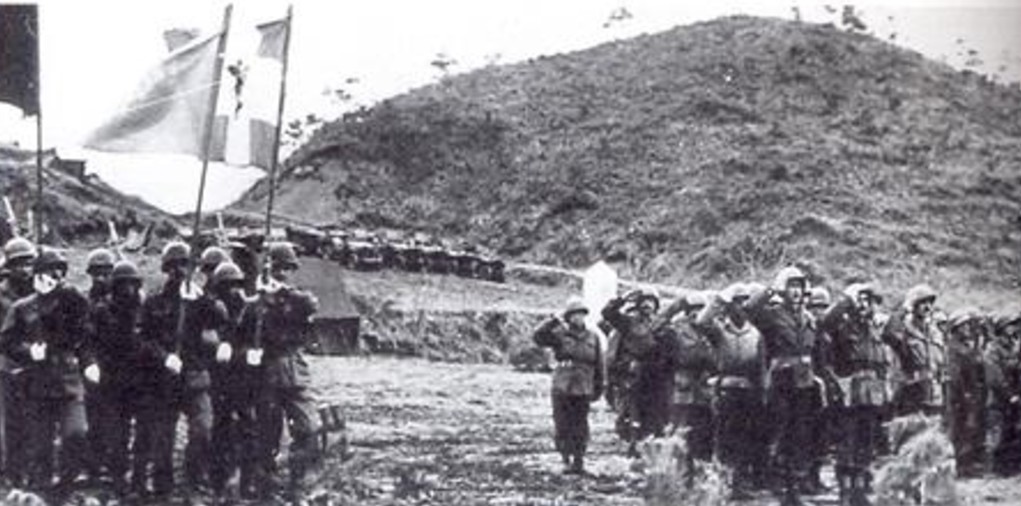By Victoria Loutas
On a cold Winter morning in Greece in 1950, thousands of young Greek men prepared themselves for battle, as they left for Asia to aid South Korea in their war against North Korea.
Following the second world war, Korea was divided at the 38th parallel into two zones of occupation, whereby the Soviets administered the Northern half and the Americans administered the Southern half. This inevitably led to great conflict between the North and South districts of Korea.
The United Nations made several attempts for unification between the two regions, however, all ultimately failed. As a result, a ‘Cold War’ situation arose and eventually led to a surprise, unprovoked attack on South Korea on the 25th June 1950.

The UN Security Council assembled on the 26th June 1950 and decided on the immediate suspension of hostilities and ordered North Korean forces to return to their district. North Korea ultimately ignored this decision and continued their attacks.
The Greek Expeditionary Force (GEF) was formed in response to the United Nations appeal for assistance in the Korean war. Along with 22 other countries, Greece provided foreign aid in the form of the Army and Air Force.
The GEF consisted of a reinforced Hellenic Army Infantry Battalion and a Royal Hellenic Air Force flight of seven transport planes. The Battalion was composed of 1,000 men and the 13th flight transported an additional 67 men to contribute.

On December 3rd, 1950, the first Greek aircraft landed on Korean soil. The Battalion was assigned to the 7th Cavalry Regiment of the 1st American division and the 13th flight was assigned to the 21st squadron of the 374 American Battle Wing.
Greece’s aid and army forces were the fifth largest contributor to the U.N Forces in Korea and were later recognised for their exceptional efforts. The war operations of the GEF were pivotal to the salvation of Korea and further demonstrated Greece’s dedication to protect national values of freedom, justice and international cooperation. All troops who contributed to the expedition displayed bravery and spirit, proudly representing Greece.
The Greek Expeditionary Force was rewarded for their heroic action by the Korean President and the US president multiple times. The 13th Flight of the GEF and the GEF Spartan battalion both received US Presidential Unit Citations for their assistance and participation in the intense battles.

